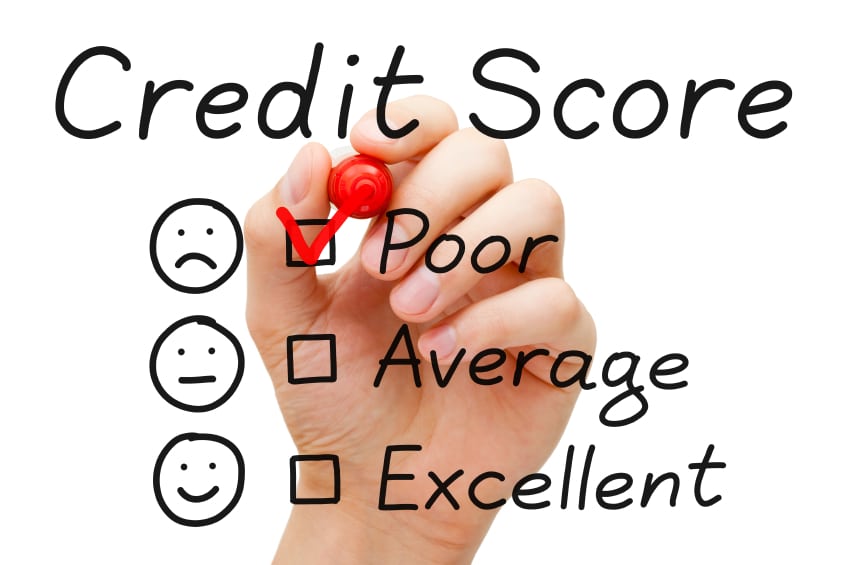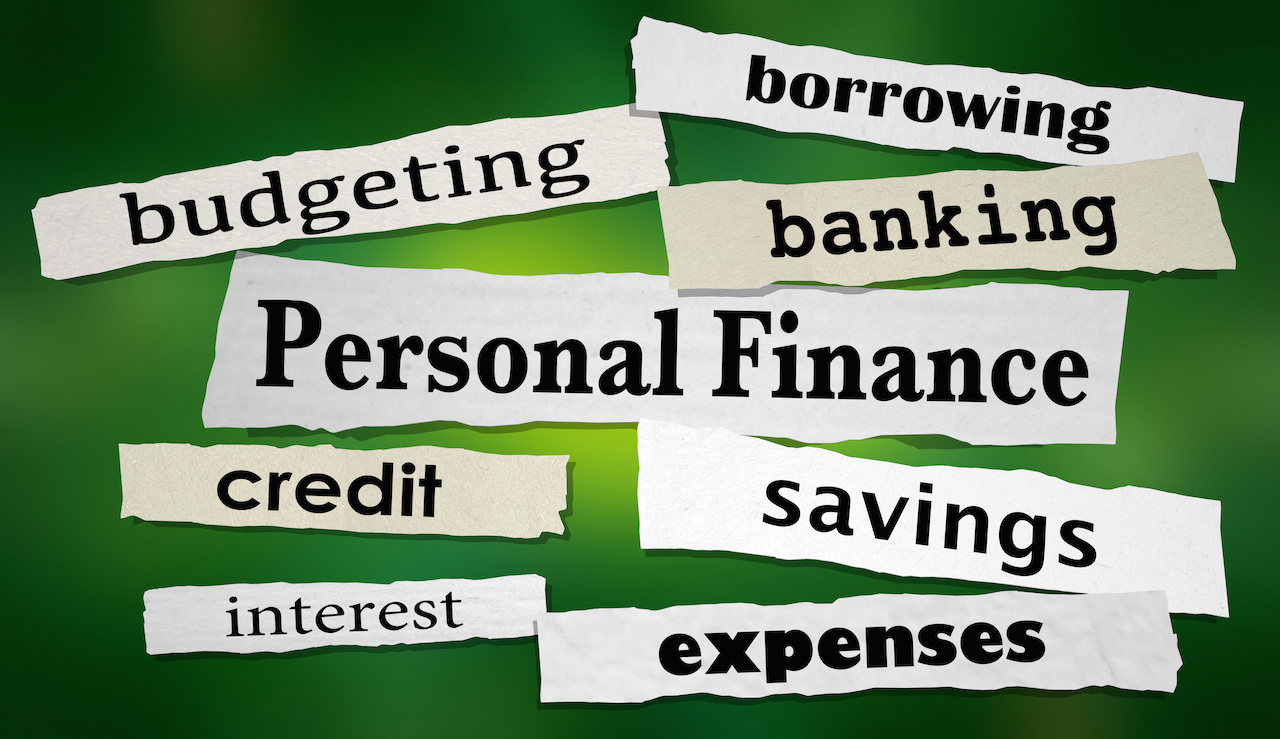CreditSesame explains just how expensive a bad credit score can be over your lifetime.
What is considered a bad credit score and how much will a bad credit score will cost you over your lifetime? This question is hard to answer without knowing personal details, but the fact is a poor credit score will make your life more expensive in various ways. Higher interest rates, larger deposits, more expensive premiums, and the lack of access to quality financial services are all ways a poor credit score can cost you more. But, how much more?
No two people have the same desire or appetite for credit so it is impossible to say that poor credit costs a specific dollar amount. Someone who leans heavily on credit and is going to pay more overall than someone who chooses to pay cash for everything. However, if we compare apples to apples across similar loan products, it doesn’t take long to see just how expensive bad credit can become.
Mortgage Loans
If you have poor FICO or VantageScore credit scores, you are going to pay a higher interest rate than someone with a great credit score. If your scores are too low, you could be denied outright.
According to FICO, the average interest rate on a 30-year fixed-rate mortgage for a consumer with a FICO score of 760 or above is 6.478%. If you were to take out a $300,000 mortgage loan at 6.478% your monthly payment would be $1,892. If, you had a FICO score of 650, the same 30-year mortgage loan would cost you 7.521%. The difference does not appear huge.
However, at 7.521% percent, your monthly payment on that same $300,000 mortgage is $2,102. That’s $210 more each month. Each year, you’ll pay $2,520 more in interest. If you live in the house for five years, that means $12,600 more in interest.
Credit Cards
The average interest rates on credit cards is around 20 percent, depending on the card type and credit score. The cost of a poor credit score relative to credit card debt is much more pronounced than any other financial service.
Using the Experian Creadit Card Payoff Calculator, at 20 percent, someone carrying $5,000 in credit card debt and making the minimum payment will end up paying almost $8,000 to clear the debt and it will take five years.
Someone who has poor credit is going to pay a considerably higher interest rate on their credit cards. At 30 percent someone carrying $5,000 in credit card debt and making the minimum payment will end up paying nearly $9,000 over four years.
It doesn’t end with mortgages and credit cards. Auto loans, insurance premiums, and utility companies all use credit scoring in the calculation of your rates, premiums and deposit requirements. Poor credit scores make life more expensive.
Having a bad credit score makes it difficult to even obtain a credit card. Credit cards for bad credit scores are often secured credit cards.
5 credit situations and how to handle them
1. Carrying a high balance
In addition to costing you money in interest, credit card balances raise your debt utilization ratio (the amount of money you owe compared to your available balance), which can lower your credit score and increase your risk of bankruptcy. Avoid using your credit card when the balance is high and make payments more than once a month if you can to keep the balance as low as possible.
2. Cosigning on a loan
If you cosign for an apartment lease or car loan for a friend or relative who is having trouble getting approved and he or she defaults, then your credit could suffer, too. Do not cosign a loan unless YOU can afford to make the payments in the event the friend cannot pay. It goes without saying that you should only agree to this if you trust the person 110%.
3. Missing a payment
If you have a good credit score, then one or two missed payments may not seem like a big deal. But making payment 30 or more days late can reduce your score by up to 100 points. Automate payments where you can and set up reminders so you don’t forget to pay.
4. Having your identity stolen
If someone else applies for credit cards or loans in your name, that’s identity theft. Unfortunately, those accounts can show up on your credit report summary and lower your score. Checking your credit report regularly can alert you to a problem.
5. Getting fraudulent charges
You could fall victim to small, unauthorized charges for things like apps and online subscriptions that you didn’t even know about. Review each credit card statement carefully and dispute suspicious charges.
Your credit score made simple with Sesame Grade™
You can see your credit picture at a glance with Sesame Ring™. The unique user interface enables easy and intuitive review of TransUnion data. Credit report information from all three bureaus is available if you choose to upgrade to Premium. In addition to data and information, the app provides a measure of overall credit health with your Sesame Grade™, and provides alerts, personalized action plans and AI-driven customer support. As you embark on your journey of credit and financial health improvement, knowledge is your most potent asset. Insights from all three bureaus can help you make sound financial choices, negotiate from a position of strength, and nurture your credit health. Regular reviews enable you to maintain accuracy, detect discrepancies and shape your financial future with confidence. Remember that credit is a tool that, when used wisely, can open doors to financial opportunities.
If you enjoyed The high cost of having a bad credit score you may like,
Disclaimer: The article and information provided here is for informational purposes only and is not intended as a substitute for professional advice.




















